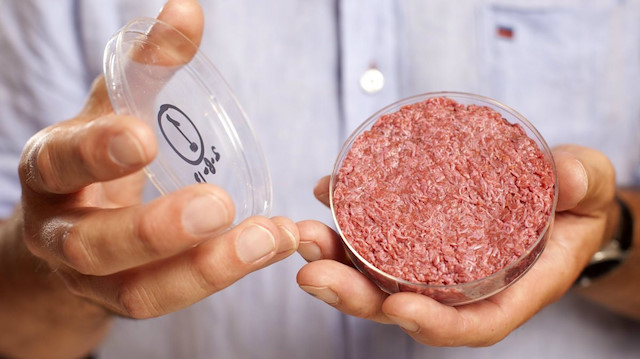
ENERGY EFFICIENCY
Proponents of this new technology say it's the only environmentally sustainable way to satisfy meat demand that the United Nations' Food and Agriculture Organization expects to double between 2000 and 2050.
But John Lynch, an environmental scientist at the University of Oxford, said it remains unclear whether scalable lab-grown meat production can really convert energy and nutrients into meat more efficiently than conventional meat production.
"Some studies have suggested that cultured meat may require less of a 'feed' source than conventional livestock production, but require more energy. If this is the case, then their impact on the climate will depend on where this energy comes from," he said.
Interest in the category has ensured start-ups have had ample access to funding.
Biotech Foods' Vila said the company had sufficient funds up to 2021, the year it hopes to generate its first revenue, thanks to a capital injection from an unidentified investor.
Mosa Meat has meat processors Bell Food Group and Merck KGaA's venture capital arm M Ventures among its investors.
In May food and agriculture group Cargill announced it had invested in cultured meat company Aleph Farms. ($1 = 0.8916 euros)














